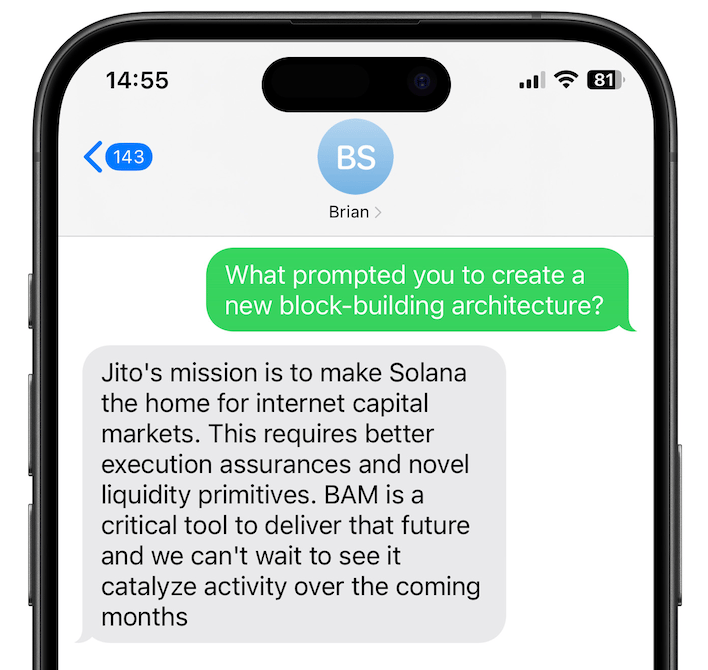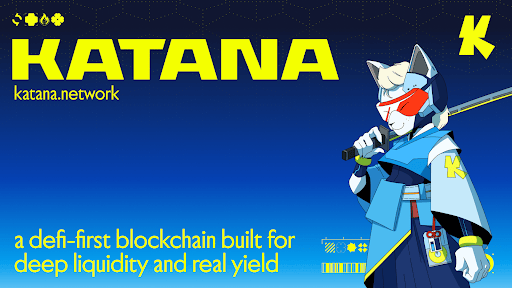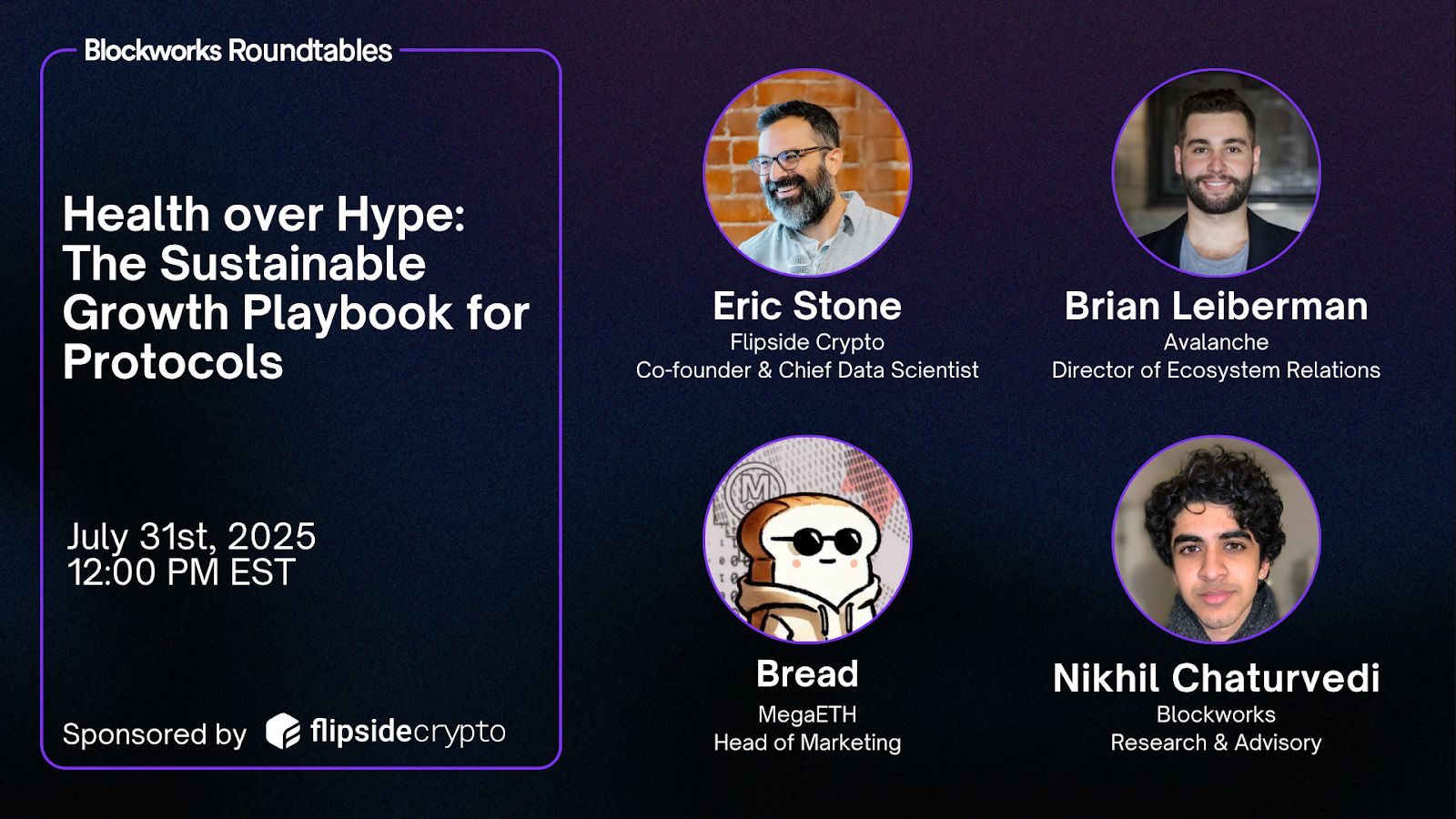- Lightspeed
- Posts
- 💥 BAM!
💥 BAM!
Jito unveils a major protocol upgrade

Brought to you by:
Howdy!
Mondays are the worst, but major upgrades to core Solana protocols are the best.
Here’s that major upgrade, along with some formal verification news from Kamino Finance and a DM with the Jito Foundation’s exec director, Brian Smith.
Jito unveils major upgrade to block-building architecture
Jito is bringing a major upgrade to the way blocks get built on Solana, Lightspeed has learned exclusively.
Jito — whose validator client accounts for 87% of all Solana stake — will begin routing transactions through a piece of infrastructure it’s calling the block assembly marketplace, or BAM. Jito says BAM will limit toxic MEV, make Solana more suitable for perps exchanges and CLOBs, and let apps share revenue with users.
When a user transacts on Solana, the chances are that the transaction will go through the Jito block engine, which is essentially an off-chain blockspace auction. The product is a cash cow: Blockworks Research data estimates Jito Labs made roughly $25 million in Q4 of 2024 just from its commission on fees paid via the block engine.
When Jito started out, it didn’t quite expect the block engine to get as big as it did, Jito Labs CEO Lucas Bruder told me. Having become a core part of Solana’s supply chain, the project began wondering what its next move should be. After reasoning that Solana’s market structure is too opaque and seeing the success other chains were having in giving apps better control over transactions, Jito settled on building BAM.
BAM comprises a network of nodes that order transactions and send them to validators running Jito’s soon-to-be-upgraded client. The nodes will run within trusted execution environments (TEEs), so the transaction flow is kept private until execution. Jito believes this privacy can help mitigate some negative MEV strategies, like sandwich attacks. The correct order of transactions is provable through onchain attestations, creating an audit trail.
BAM nodes will initially be operated by Jito Labs, but it plans to add more nodes with an end goal of 50-100, Bruder said. Jito also wants to open-source the BAM software later in 2025, Bruder said. Notably, Jito’s current block engine is closed-source.
BAM will also introduce Plugins that let apps and traders create custom sequencing logic. With Plugins, a Solana perps DEX could implement taker speed bumps, for instance, a feature that has been important in Hyperliquid’s success. Apps will also be able to charge fees for Plugin functionality within BAM, and some portion of that revenue could also be shared with validators and the Jito DAO, Bruder said.
Bruder added that he hopes participating apps will send some of this new revenue back to token holders, creating a “big DeFi repricing of tokens on Solana.”
BAM represents likely the largest-ever upgrade to Jito, a protocol that has become very central to Solana.
“BAM is basically decentralizing ourselves,” Bruder said, adding that Jito is taking its learnings from running a core Solana infrastructure project and using it to “create a ton of value for not only Solana as a network, but all the apps on top of it.”
— Jack Kubinec
P.S. Fill out our short audience survey and help us build a better Lightspeed. Thank you!
Brought to you by:
Katana is a DeFi chain built for real sustainable yield and deep liquidity. It concentrates liquidity into core applications and channels the chain’s revenue back to the users.
Creating a better DeFi experience that benefits the active users on the chain.
Earn boosted yield and KAT tokens: Deposit directly into vaults on the katana app and start earning on your ETH, BTC, USDC, and more.

Kamino has now completed formal verification of its Earn Vaults, working with Certora to mathematically prove its smart contracts behave as intended.
Lots of protocols rely only on a handful of audits, sometimes even deploying without any verification that the code onchain matches the same code submitted.
Not Kamino, though. Its vaults are open source, audited by four firms and now formally verified by Certora — with a cryptographic guarantee that what’s live on Solana matches the audited source code.
Of course, formal verification isn’t a silver bullet. But when layered on top of audits and open-source transparency, it offers users and developers a much higher degree of assurance.
— Jeffrey Albus
In crypto, hype fades but sustainable ecosystems win. Learn how top protocols are building for the long haul.
Join Blockworks Research, MegaETH, Flipside Crypto and Avalanche for this upcoming Roundtable.
📅 July 31 | 12 PM EST

A message from Brian Smith, executive director of the Jito Foundation:

Spread Solana cheer to make perks appear 🎉
Don’t keep us a secret. Tell your friends and bag some bonuses with the Lightspeed referral program.
📣 3 referrals: A personal shoutout in the Lightspeed newsletter
💬 10 referrals: Lightspeed host and newsletter writer Jack will put you in the One Good DM section of one edition


